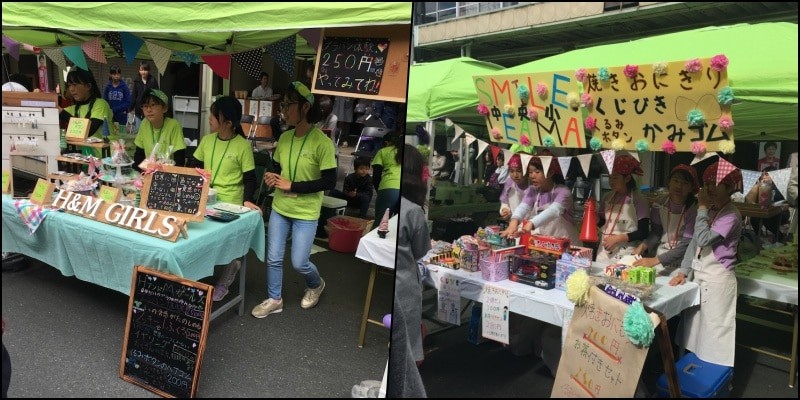There is a Japanese word called Majime [真面目] which shows how the Japanese take the rules seriously and are careful in doing things, always without stressing out or planting a shack. In this article, we are going to talk a little about this word and the attitude involved in it.
Majime is commonly written in hiragana and means serious, honest, stable and refers to people who do everything according to the rules, even against their will, being careful, polite, strict, punctual and discreet.
Majime is originally written with the characters [真] of truth [面] of face, mask and features [目] eye, experience, care and favor. Thus indicating that it involves maintaining composure despite difficulties or anger.
Table of Content
IT INVOLVES COMPOSITION AND FOLLOWING RULES
Majime are those people capable of doing things without causing drama or losing composure. As the ideograms said, even if it means wearing a figurative mask. Punctuality, obeying rules, and not cutting in line are some examples.

Majime is the person who would never take advantage of something, even if it is not harmful. They are straight-laced people who in the West would probably be called boring or cool, but in Japan it's something commendable.
Although Majime may seem like an unpleasant thing to most people, trying to maintain composure can help you have more discipline, willpower, and focus when doing things. Additionally, Majime will help you live well in Japanese society and not get stressed about unnecessary things.
How is the word Majime used?
This word is often used as a compliment, a positive word. Teachers, parents and senpais often praise the composure and politeness shown in various situations. The student's or child's progress in life may result in this praise.

There are also situations where Majime is used in a negative way. In lectures it can be used with a sarcastic tone, parents often say this to lazy children, so be careful when using the word in certain situations so as not to be calling anyone boring.
There are related words that I would like to mention, such as in the case of fumajime [不真面目], which is exactly the opposite and means lack of sincerity, something unstable and frivolous. Where the ideogram [不] means something negative, bad, ugly, and awkward.

There is also a Japanese word that is written using the same ideograms as majime but is pronounced shinmenmoku [真面目] and means your true character, true self, and seriousness. The words are quite similar.
Majime's Big Problem
Majime is one of the main reasons Japan is what it is today! A safe, worry-free country with total harmony between groups, all because these people focus on following the rules rather than their own interests.
Unfortunately Majime is not 100% and can cause problems. Even though the Japanese are famous for their creativity, Majime makes many Japanese robots who don't think or have their own ideas.

I remember when the signal went down on the train line, it took more than 2 hours to remove a simple signal that didn't even seem heavy, all because the team that was outside was standing around waiting for orders. No one could take the lead because of Majime.
These people end up being afraid to make decisions, start new things, or create ideas. Even if they do, they end up suppressing those feelings and are stressed all the time. Some even become criminals, perverts, or commit suicide. It is not right to hide feelings; they can overflow and leak out.

Brazilians are famous for inventing and coming up with ideas that solve problems or make things more practical and easier, but they also lack a bit of order, which results in numerous problems in Brazilian society. That's why everyone needs to know Majime, but they don't need to transform into robots.
I hope this article has helped you to understand the concept of Majime a little bit. What do you think about this matter? Do you think it's harmful or good? We hope you will share this article with more people and leave your comments.
This is a great and necessary thing in the world, but as always everything has its pros and cons, not to mention all things in excess are bad.
Kevin Henrique
